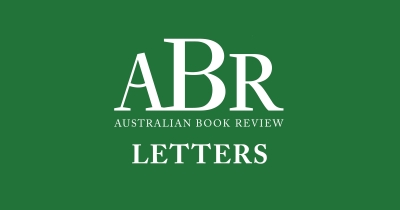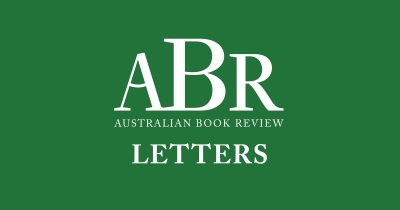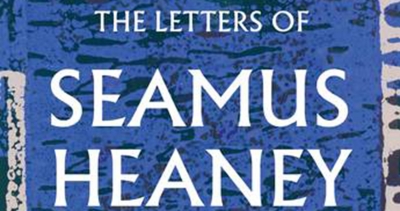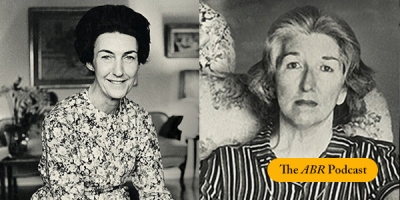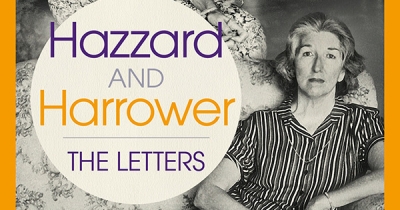Letters
Dear Editor,
In her review of Gary Browning’s Iris Murdoch and the Political (ABR, November 2024) Gillian Dooley notes, ‘After graduating from Oxford she worked in the Civil Service’, then, moves on without further ado to Murdoch’s postwar work with the United Nations Relief and Rehabilitation Administration. Dooley doesn’t mention the evidence that has emerged over the years – from Murdoch’s friends John Jones and Phillipa Foot – that she was still an active member of the Communist Party during World War II and passed on documents from government offices to the Communist Party.
... (read more)No chick non-fic lit
Dear Editor,
Aviva Tuffield’s review of my book, Beyond the Ladies Lounge (ABR, December 2003/January 2004), sends disturbing mixed messages that. I believe, require further dialogue. Tuffield acknowledges that the book is ‘a fine scholarly work’ and an ‘important contribution to Australian history’ by a writer with ‘evident skills’. She grants that the work ‘adds complexity’ to both the historical record and certain theoretical paradigms. Yet Tuffield is evidently perplexed that this ‘thesis-turned-book’ should be ‘brilliantly promoted’ and ‘engulfed in a haze of marketing’.
My apologies if Tuffield expected to snuggle up with a ripping good yarn on a sexy topic only to find herself trawling through an argument-driven work of scholarship, complete with notes and manifest historiography. No one is more aware than I that BLL is not a page-turner. Given Tuffield’s concern that BLL ‘feels like a missed opportunity’, she might be interested to know that I did in fact have ample interest from commercial publishers to produce a ‘narrative history’ in keeping with the ‘current vogue’ that Tuffield identifies. Though tempted. I decided to reject these advances (and, no doubt, far flashier marketing campaigns than a university press can offer) in favour of publishing a ‘harder’, more analytical book. My instinct was that the iconic status of the subject matter (pubs) and the ground-breaking nature of the research (women mostly ran them) required the legitimacy of scholarship in order to be taken seriously by academic and popular audiences alike. The sort of anecdotal, biographical, interview-based book about women and pubs that Tuffield would have preferred could too easily have been dismissed as ‘chick non-fic lit’. My aim was to produce a book that had crossover appeal; a detailed laying out of the historical evidence, written in a direct and accessible style.
... (read more)Dominic Kelly’s surgery on Frank Brennan’s and Damien Freeman’s analysis of the failed Aboriginal and Torres Voice referendum (ABR, August 2024) reveals how blinkered all three of these worthy commentators remain about bipartisanship. By putting the issue into the populist arena, the Albanese government lost the chance of the century. All state Labor governments and the Liberal-held Tasmanian legislature supported the Voice, as did the Territory Assemblies. Section 51, Article 37 of the Australian Constitution allows the federal Parliament, working in tandem with state legislatures, to enlarge federal legislative power without approval by a national referendum. Long before the vote on 14 October 2023, John Menadue’s wonderful Pearls & Irritations published this analysis. Not a single voice challenged that prospect.
... (read more)In this week’s ABR Podcast, Peter Rose reviews Hazzard and Harrower: The letters, edited by Brigitta Olubas and Susan Wyndham. The correspondence between writers Shirley Hazzard and Elizabeth Harrower ran from 1966 to 2008 and, in its unedited form, amounted to 400,000 words. Editors Susan Wyndham Brigitta Olubas have trimmed it down: ‘For the time being,’ says Peter Rose, ‘we must make do with this entertaining and not insubstantial entrée.’ Listen to Peter Rose’s ‘Flies in the Nirvana’: An illuminating and sisterly correspondence’, published in the June issue of ABR.
... (read more)![]() Want to write a letter to ABR? Send one to us at This email address is being protected from spambots. You need JavaScript enabled to view it..
Want to write a letter to ABR? Send one to us at This email address is being protected from spambots. You need JavaScript enabled to view it..
... (read more)
Hazzard and Harrower: The letters edited by Brigitta Olubas and Susan Wyndham
Want to write a letter to ABR? Send one to us at This email address is being protected from spambots. You need JavaScript enabled to view it..
... (read more)Want to write a letter to ABR? Send one to us at This email address is being protected from spambots. You need JavaScript enabled to view it..
... (read more)Want to write a letter to ABR? Send one to us at This email address is being protected from spambots. You need JavaScript enabled to view it..
... (read more)
